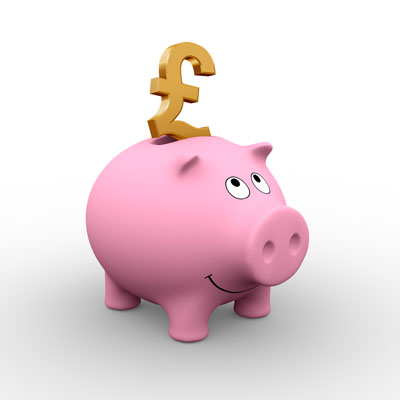You pay income tax on anything you earn from your wage or salary, any dividends, and the interest that you earn on the money that you’ve saved. By opening an ISA, you’re able to protect some of your savings and to legally keep the tax man at bay.
savings and to legally keep the tax man at bay.
An ISA is a tax-free savings account. They’ve been around since April 1999, and were launched to encourage saving by offering UK taxpayers the opportunity to store their money without paying tax on their investment. There are limits to the amount you can invest in an ISA, and there are two types of ISA to choose from.
A cash ISA is a no-risk savings account. In many cases, you’ll also have the flexibility to withdraw your money as soon as you need it.
A stocks and shares ISA (or equity ISA) allows you to take a risk with your investment. You don’t pay interest on any income, and you have the chance to grow your money, but there’s also the possibility that you could lose out. It’s recommended that you only invest in a stocks and shares ISA if you can set aside your money for at least five years. That way, you can absorb market fluctuations.
You can invest more in a stocks and shares ISA than you can invest in a cash ISA. It’s also possible to mix and match, though the limits stay in place. When your money is stored in an ISA, you pay no tax on income from interest or bonuses.
Income Tax Benefits
Usually you’d pay a basic tax rate of 20% on the interest earned by your savings. Higher rate taxpayers are subject to a 40% tax rate. When you save money in an ISA, the interest you receive is completely tax-free. The benefits are available for all UK taxpayers, but higher rate taxpayers will see the biggest tax benefits.
Capital Gains Tax Benefits
Not all profits within a stocks and shares ISA are completely tax-free, though the money you invest is protected from Capital Gains Tax. You can also reclaim tax on bonds.
When money is held in a stocks and shares ISA, the tax on dividends is 10%. This is the same as the basic tax rate on dividends held outside an ISA, but represents a significant tax cut for higher rate tax payers who would usually pay 32.5% on their dividend income.
Who Benefits?
If your investment grows when it’s held in an ISA, then you’ll see the additional funds delivered to you. There are tax benefits for anyone keeping their savings in ISAs, though the biggest savings are there for higher rate taxpayers who would usually be subject to taxes in excess of 32.5% on dividends, and 40% on their income from interest.
ISAs don’t need to be declared to the HMRC.
If you’re considering investing in a stocks and shares ISA, Best Price Financial Services can help you to make the most of your investment with outsourced, professionally managed portfolios that are matched to the level of risk you’re comfortable with. You can also invest with a portfolio of your own, for more control over your investment, using our step-by-step guide.